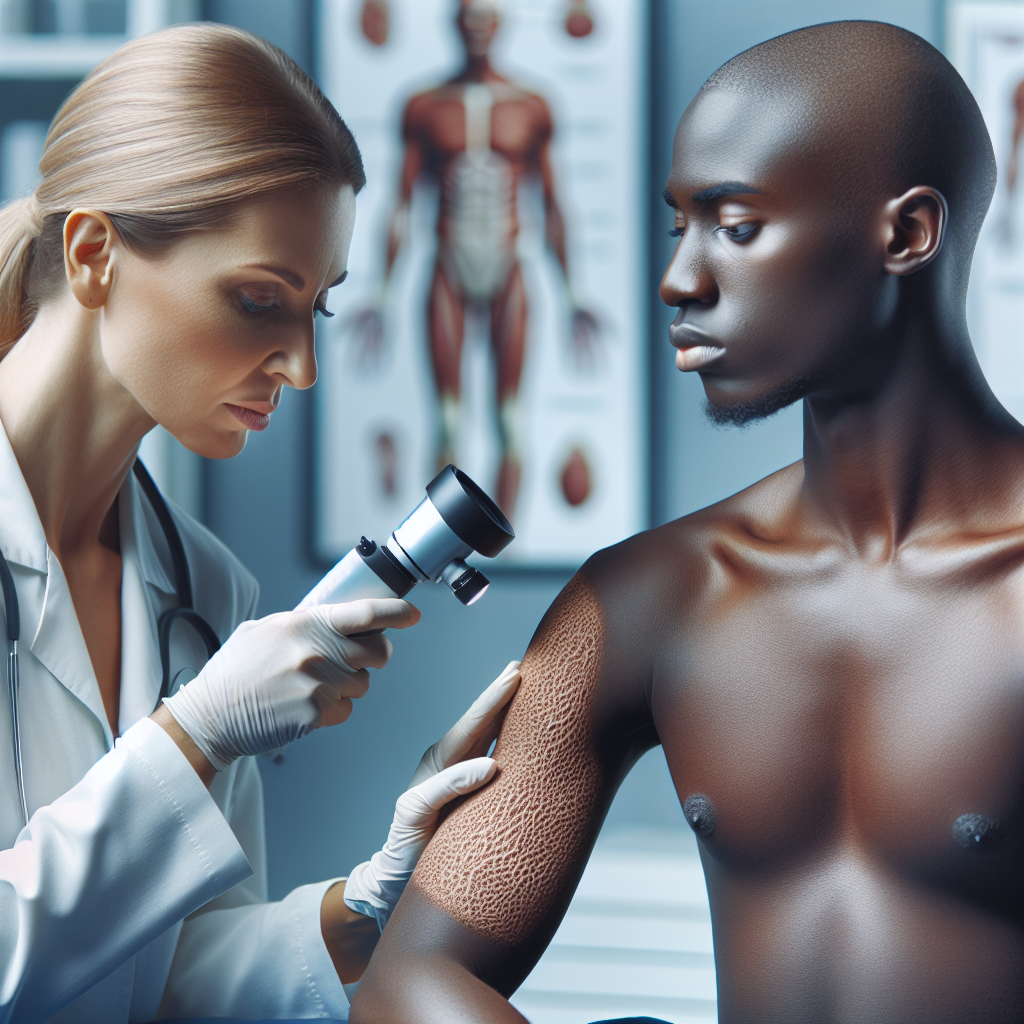Skin cancer, the abnormal growth of skin cells most often developed on skin exposed to the sun, stands as one of the most common forms of cancer globally. However, despite its prevalence, skin cancer can be one of the most preventable cancers, making awareness and prevention strategies paramount.
Understanding Skin Cancer
To understand why prevention is so critical, one must first understand the different types of skin cancer: basal cell carcinoma, squamous cell carcinoma, and melanoma. Basal cell and squamous cell carcinomas are the most common and are highly curable, while melanoma is more aggressive and can be deadly if not detected early.
Exposure to ultraviolet (UV) radiation from the sun and tanning beds significantly increases the risk of developing skin cancer. Other risk factors include having a fair complexion, a history of sunburns, excessive moles, a family history of skin cancer, and a weakened immune system.
Prevention Strategies
Preventing skin cancer involves a multi-faceted approach that starts with protecting skin from excessive UV radiation. Here are the fundamental strategies everyone should adopt:
Sun Protection
Regular use of sunscreen with a Sun Protection Factor (SPF) of 30 or higher is a critical step. Sunscreen should be applied generously and reapplied every two hours, or more often if swimming or sweating. Wearing protective clothing, such as long-sleeved shirts, pants, and wide-brimmed hats, can also provide a barrier against harmful rays.
Seeking Shade
Avoiding the sun during peak hours, typically between 10 a.m. and 4 p.m., when the UV rays are strongest, can significantly reduce exposure. When outdoors, seeking shade or creating your own is advisable.
Avoiding Tanning Beds
Tanning beds emit UV radiation that can increase the risk of skin cancer. Opting for self-tanning products can provide a safer alternative for those looking for a tanned appearance.
Regular Skin Examinations
Early detection of skin cancer dramatically increases the chances of successful treatment. Self-exams and professional skin evaluations are essential for catching any irregularities as soon as possible.
Education and Awareness
Educating oneself and others about the risks of skin cancer and the importance of prevention can lead to better community health outcomes. Awareness campaigns and resources can empower individuals to make informed decisions about their skin health.
For further reading on maintaining overall skin health, consider exploring Avix Health’s comprehensive guide to skin health.
Related Health Considerations
While focusing on skin cancer prevention, it’s also important to address overall health, as various aspects of our health can be interlinked:
-
Antioxidants and Skin Care: Antioxidants play a pivotal role in protecting the skin from oxidative stress. Including antioxidant-rich foods in your diet can provide an internal defense against UV damage. Learn more about this in The Role of Antioxidants in Daily Skin Care.
-
Proper Hydration: Hydrated skin is healthier and may be less susceptible to damage. For insights into maintaining skin hydration, read Optimizing Skin Health with Proper Hydration.
-
Stress Reduction: Chronic stress can have adverse effects on skin health. Developing strategies to manage stress can improve skin condition and overall well-being. Find strategies in Strategies for Reducing Stress to Improve Skin Health.
External Resources for Further Learning
To deepen your understanding of skin cancer awareness and prevention, here are some valuable external resources:
- The Skin Cancer Foundation’s Prevention Guidelines offer comprehensive advice on sun safety and skin cancer prevention.
- American Academy of Dermatology’s SPOTme® Skin Cancer Screening Program provides free skin cancer screenings and resources to help you recognize the warning signs of skin cancer.
- World Health Organization’s Sun Protection offers international perspectives on UV radiation and practical advice on sun protection.
Conclusion
Awareness and proactive prevention are the keys to reducing the incidence and impact of skin cancer. By incorporating sun safety practices into daily routines, educating others, and staying informed, we can work towards a future where skin cancer becomes far less prevalent.
Remember to prioritize skin health as part of an overall wellness strategy. Utilize trusted resources and healthcare providers to maintain vigilance against skin cancer and to enjoy a healthier, sun-safe lifestyle.



